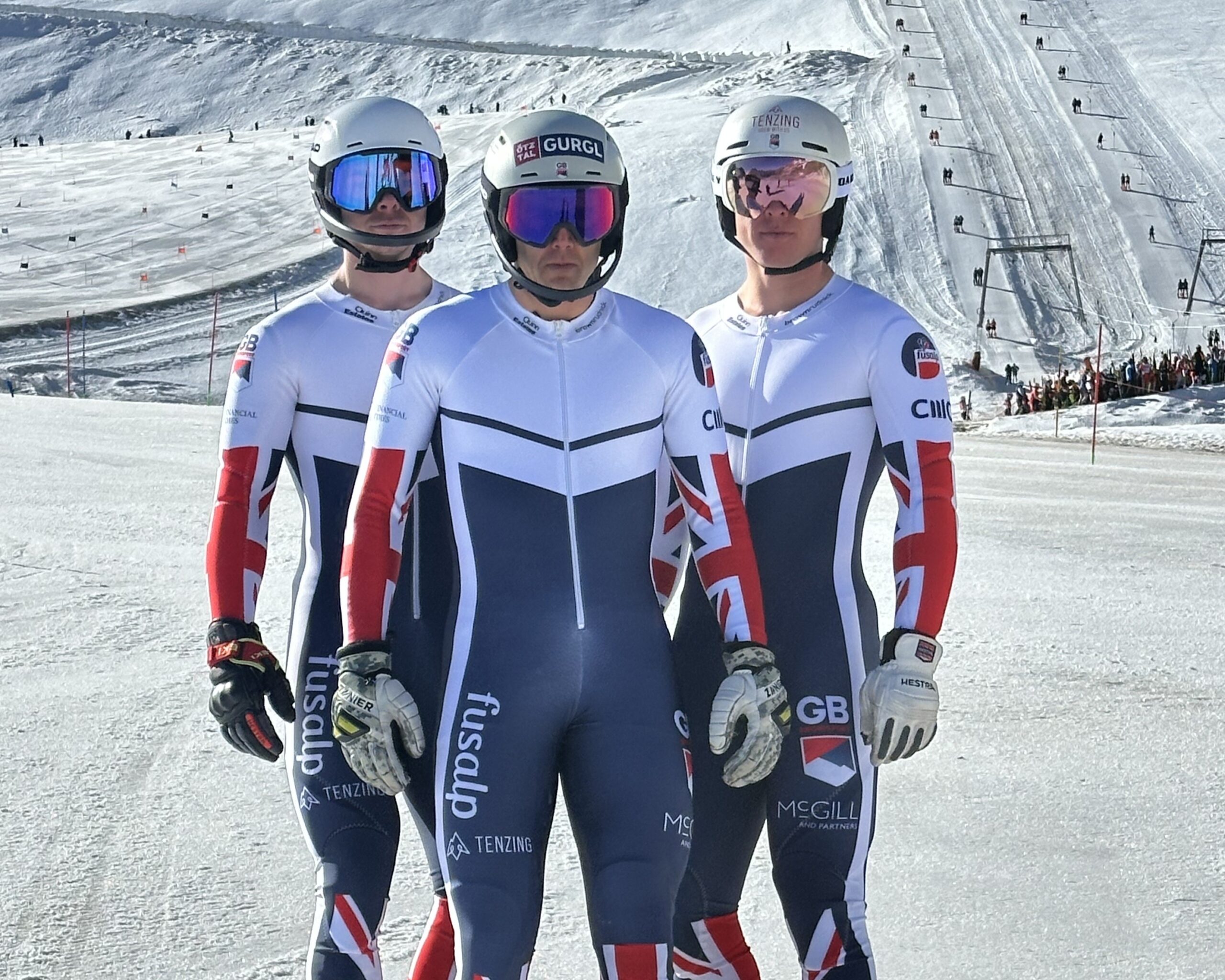
For Mental Health Week GB Snowsport and English Institute of Sport talk Mental Health and Performance.
Q1. How can the power of sport and physical activity help tackle mental health stigmas?
A. Athletes are typically looked up to as being admirable, strong, fit and healthy people, and rightly so! With the understanding that athletes aren’t immune to mental illness comes a powerful message that can help many others. Suffering with mental illness isn’t a sign of weakness, and often the ability to show vulnerability can be an incredible sign of strength.
Q2. In elite athletic performance how important is it to be both physically and mentally well?
A. In all professional sport there’s a disproportionate focus on optimising physical performance, usually because gains in this area are quantifiable and easily measured. It’s much more difficult to know how much an athlete’s frame of mind affects their performance, yet it’s equally important. For an athlete to reach peak performance they need to be physically and mentally as healthy as possible, not just on the day of competition but throughout the years of training and preparation that go into making an athlete successful.
Q3. What are the small hints and tips you offer to the public on physical changes to help aid mental health?
A. At a simple level, keeping physically active, eating healthily, making sure you get enough sleep, staying connected with friends and family, and being in tune with your emotions is really important. The world is a stressful place, especially at the moment, so understanding that things won’t always go your way and having the ability to accept that some things you just can’t change can be really useful.
Q4. How important is it to find a good balance of working on yourself physically and making sure you are mentally well?
A. Physical and mental health are incredibly closely linked. There’s a huge amount of new research highlighting links between physical factors like inflammation and depression, and the gut-brain axis – how the food we eat affects the microbiota in our stomach, which influences our mood, happiness and stress levels. Finding a balance between working on our physical and mental health is key, especially because they are so closely related.
5. What do EIS do for athletes in the mental health space which aids performance?
A. In 2018, the EIS established a dedicated team to deliver the mental health strategy for high performance sport, supporting the existing network of sports doctors, psychologists and performance lifestyle advisors already working in this area.
Our aim is to ensure British athletes have world-leading mental health support and the EIS Mental Health Team’s work has included sport-specific mental health awareness training to increase understanding of mental health – already delivered in over 30 sports to over 500 people – and the establishment of a Mental Health Expert Panel to provide guidance to Olympic and Paralympic sports in support of their athletes and staff’s mental health.
 Share
Share

